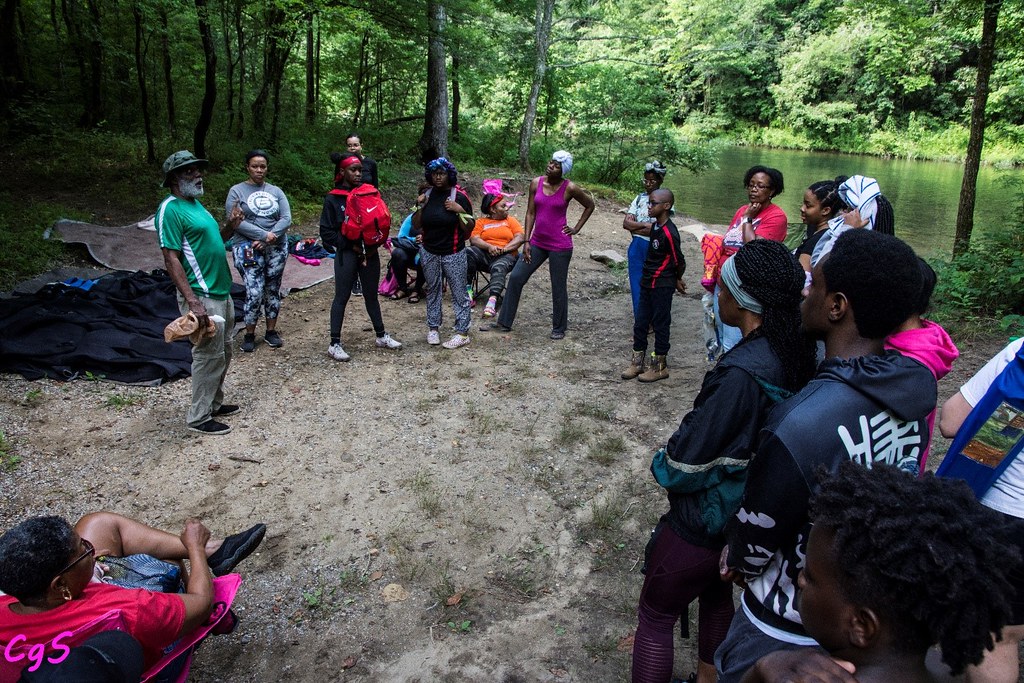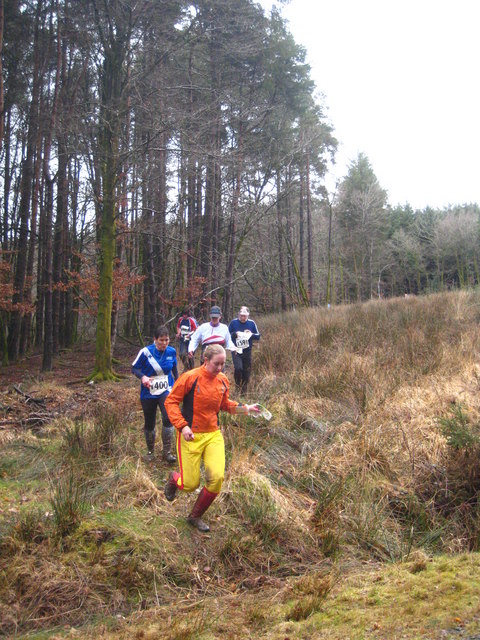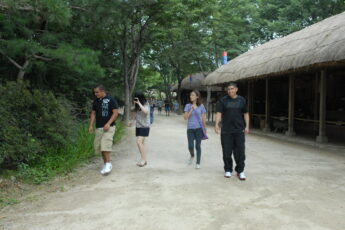Hello there, future adventurers! Today, we will embark on a journey into the world of orienteering. It’s a fun, challenging, and exciting sport combining physical and mental agility. But did you know that orienteering also teaches valuable life skills? Let’s dive in and discover what orienteering can teach you!
Orienteering, as a sport, has a rich history. It started as a training exercise in land navigation for military officers, then became a competitive sport in the 19th century. Today, it’s a worldwide activity that people of all ages enjoy.
But orienteering isn’t just about finding your way from point A to point B. It’s a learning journey that equips you with skills useful in everyday life. From problem-solving to physical fitness, orienteering is a treasure trove of lessons waiting to be discovered.
Navigation Skills
First up, orienteering teaches you essential navigation skills. Learning to navigate using a map and compass is a refreshing and valuable skill in a world where we rely heavily on GPS.
Understanding Map Symbols: Maps use symbols to represent real-world features. Learning these symbols helps you navigate in orienteering and enhances your spatial awareness and understanding of geographical features.
Compass Use and Bearings: Using a compass isn’t as simple as finding north. It involves taking and following bearings, skills crucial when finding your way without technological aids.
Physical Fitness and Endurance
Orienteering is a physically demanding sport. It requires stamina, strength, and endurance, all of which are important for overall health and well-being.
The Role of Stamina in Orienteering: Orienteering often involves long distances over challenging terrain. This helps build stamina, which benefits other sports and physical activities.
Building Physical Strength: The varied and often rugged terrain in orienteering helps build physical strength. It’s a full-body workout that promotes cardiovascular health and muscle strength.

Problem-Solving and Decision Making
Orienteering is like a puzzle. It requires strategic thinking and quick decision-making, skills useful in many aspects of life.
Route Choice and Strategy: Choosing the best route in orienteering involves assessing the terrain, distance, and physical ability. It’s a strategic decision that teaches you to weigh options and make informed choices.
Quick Decision Making: In orienteering, you often make quick decisions under pressure. This helps improve your ability to think on your feet and make swift, effective decisions.
Resilience and Adaptability
Orienteering teaches you to be resilient and adaptable. You’ll face challenges and unexpected situations, and learning to overcome these obstacles is a valuable lesson.
Overcoming Challenges: Orienteering is full of challenges, from rugged terrain to navigational errors. Overcoming these challenges teaches resilience and perseverance.
Adapting to Changing Conditions: Weather, terrain, and other factors can change rapidly during orienteering. This teaches you to be adaptable and flexible, valuable skills in an ever-changing world.
Appreciation for Nature
Orienteering gives you a deep appreciation for nature. It takes you off the beaten path and into the beauty of the natural world.
The Beauty of the Outdoors: Orienteering allows exploring beautiful and often untouched natural areas. This can foster a love for the outdoors and an appreciation for the beauty of nature.
Environmental Awareness: Orienteering also teaches ecological awareness. You learn to respect the environment and understand the importance of preserving natural spaces.

Teamwork and Communication
While orienteering can be an individual sport, it also offers opportunities for teamwork and communication.
The Role of Teamwork in Orienteering: You must work together to navigate the course in team orienteering events. This fosters teamwork and cooperation, valuable skills in many areas of life.
Effective Communication: Good communication is vital in team orienteering. You need to effectively share information and strategies, which helps improve your communication skills.
Self-Confidence and Independence
Finally, orienteering builds self-confidence and independence. Successfully navigating a course on your own is a powerful confidence booster.
Building Self-Confidence: As you improve your orienteering skills and navigate courses successfully, you’ll see a boost in your self-confidence. This can have a positive impact on many areas of your life.
Fostering Independence: Orienteering requires you to be independent and self-reliant. You must make your own decisions and rely on your skills, fostering a strong sense of independence.
FAQs
Q: Is orienteering hard to learn? A: Like any new skill, it takes practice. But with patience and perseverance, anyone can learn to orienteer!
Q: Can I do orienteering anywhere? A: Yes! From city parks to dense forests, anywhere can be your orienteering playground.
Q: What equipment do I need for orienteering? A: The basics are a map, a compass, and suitable outdoor clothing. Some people also use a control description holder and an orienteering thumb compass.
And there you have it, folks! The many lessons that orienteering can teach you. Remember, it’s not just about finding your way – it’s about the journey and the skills you gain along the way. So, grab your map and compass, and let’s explore!
aeorienteering.com is reader-supported. When you buy through links on our site, we may earn an affiliate commission.



